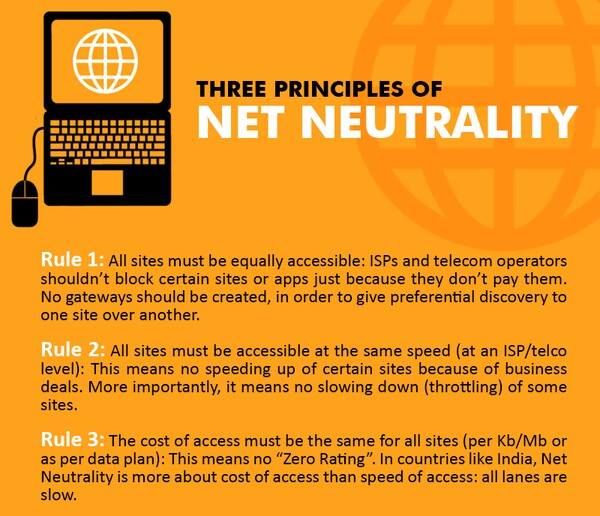InTech50, iSPIRT ’s flagship event is back. The first two editions have been very successful and InTech50 has become the ‘must-go-to’ platform for enterprise CXO’s and product entrepreneurs. Over the past two years, we have hosted CXO’s and business leaders from global companies like AllState, Citibank, HCC Insurance, Standard Chartered, Colgate Palmolive, Time, AirTel, Yes Bank, Exide Life, Mother Diary and the likes. Here are some quick high points from the last two years of InTech50:
- 18 enterprise deals that got originated and closed from conversations at InTech50
- 42 enterprise PoC’s offered to InTech50 companies
- 120+ innovation leaders (read: buyers & influencers) exposed to Indian product entrepreneurs
We have already managed to showcase over a 100 companies, and we have made 50 global investors and CIO’s travel to India to interact and associate with these companies, and happily so.
Here are a few portfolio companies from our past events – Capillary, Uniken, Seclore, Freshdesk, Reverie, Sapience, NowFloats, ToneTag to name a few.
Just to share the impact that we have created, and how these 50 companies have benefitted from this initiative, hear hear what some of them had to say –
“Intech50 is a phenomenal event. It is probably the highest RoI initiative we have ever participated in. With 50+ Global CIOs turning up, it is a great platform to validate your product. Met some of the largest enterprises, found use cases we weren’t aware of and closed marquee deals. Highly recommended!” Yamini Bhat, Vymo.in
“Intech50 was extremely useful in 3 ways. First, making a presentation of just 5 minutes to an extremely discerning audience helped us make our value proposition very crisp. Second, demoing our product to several heads of technology helped validate our product and use cases, and resulted in actual business deals getting signed. And most importantly, we were able to bag a large client with whom we’ve been able to co-create 2 completely new products. I wholeheartedly and highly recommend Intech50 to all B2B startups who have demonstrable products that are ready for large enterprises” – Ranjit Nair, Germin8
“Being a part of InTech50 2015 was a great opportunity for ToneTag. It was exhilarating when ToneTag was selected in the first batch as one of the top 10 products. The event gave us the exposure, guidance and support we needed. InTech50 enabled us to pitch our product to a global panel of curators and the media coverage we received was also been beneficiary to the company. Since winning InTech50, ToneTag has been expanding rapidly. We acquired many leads through the event that led us to PoC’s and commercial deals in the making. The resources we received through InTech50 have been invaluable as it has helped us build exciting partnerships with many in India and around the world” – Kumar Abhishek, ToneTag
If you are a product entrepreneur and your product is solving a problem for the enterprise CXO, InTech50 is your chance to showcase your product to the who’s who in the enterprise buyer community.
Apply before Feb 22nd 2016 and experience a bigger and better InTech50 in 2016.
To know more, click here.



